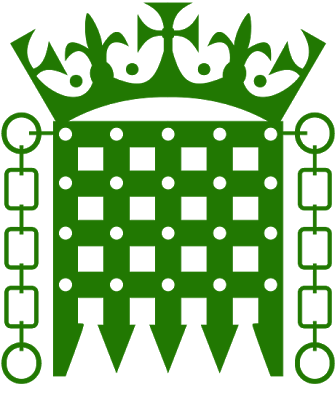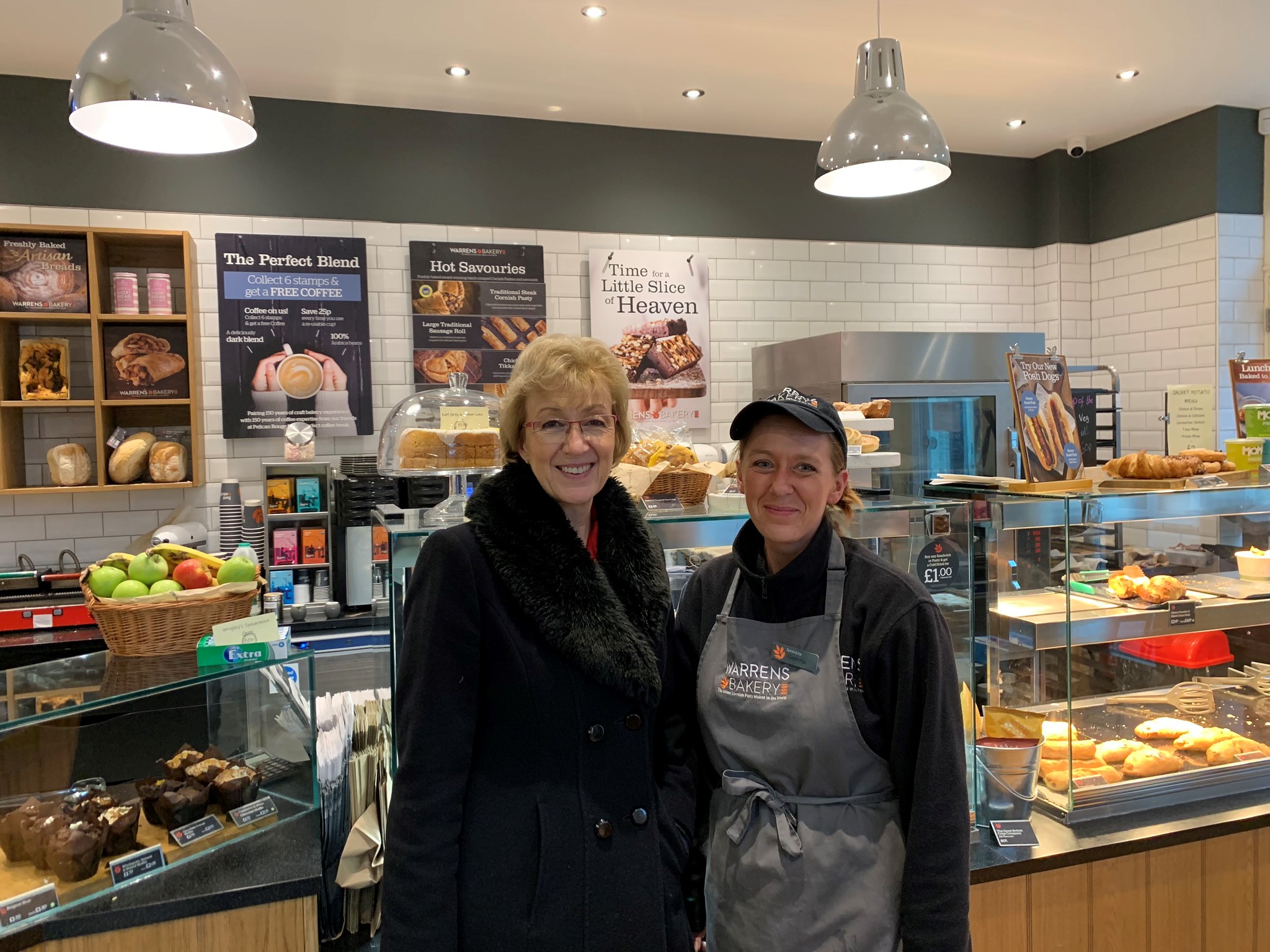We’re Spending Money on What People Care About

On the day that the fourth Ashes Test started and the day that an election was nearly called, two senior politicians debating economic affairs may have gone unnoticed. And while the spending round may be seen by some as the awkward cousin of the Budget, yesterday’s one threw a few big punches.
With the opposition busy fighting against the will of the people, this year’s spending round focused foursquare on things real people care about — more money for the health service, for schools and for policing, and vitally, more money to deliver Brexit.
But my friend the chancellor yesterday also made announcements that in a post-Brexit world will allow us to pave the way as a globally-outward hub of innovation, business and industry.
Our status as a science superpower has long been recognised internationally, and rightly so. In my role as business secretary I am privileged to hear about some of the most incredible scientific advances in our pipeline.
Flying cars; hip replacements performed by robots and five extra years of healthier life for all . . . the possibilities of science are truly endless. And yesterday the government moved us one step closer — confirming our commitment to build on our great strengths after we leave the EU.
In reaffirming our ambitious target for investment in research and development to reach at least 2.4 per cent of GDP by 2027, we are giving further certainty to our country’s scientific community that we will remain at the frontier of ground-breaking innovations.
The spending round also backed high-tech sectors such as space, which have the potential to boost our economy, bolster our national security and benefit people across the country from Cornwall to Scotland. The UK’s varied geography provides a perfect opportunity to launch small satellites by rocket with sites such as Spaceport Cornwall — Newquay airport— in prime position to take payloads, and one day people, into space.
Our space industry has tripled in size since 2000, employing close to 42,000 people across the UK and with an income of almost £15 billion. Yesterday’s announcement of the further development of a UK Global Navigation Satellite System may not help Labour find a position on a general election, but it will provide an estimated further £300 billion of economic activity.
But back on our own planet, my top priority is clean growth and tackling climate change. I know that people around the country are rightly worried about climate change — we’re seeing the devastating impact it can have already. The government recognises the need for urgent action, which is why we became the first major economy to legislate for net zero by 2050, ending our contribution to global warming.
Yesterday’s spending round announced an additional £30 million to accelerate progress on developing decarbonisation schemes — on top of the £3 billion previously announced on low carbon innovation. This reaffirms our position as a global leader in climate change, and will create clean growth and jobs to help save the planet as well as benefitting our own economy with high-skilled jobs and wealth creation.
Alongside space and climate change, the spending round will make a real impact on working people: preventing those most vulnerable from being underpaid by unscrupulous employers. The chancellor’s announcement of £28 million to enforce the minimum wage will enable HMRC to respond to each and every worker complaint received, and to proactively protect those most at risk of underpayment — empowering workers to enforce their rights and demand the pay they deserve.
The chancellor’s announcements yesterday will help every day people — both immediately and in the years to come. Our commitment to science will ensure that we are at the frontier of ground-breaking discoveries and disruptive innovations. Our commitment to climate change will ensure we are a greener, cleaner nation as we leave the EU. And our commitment to fair pay and fair treatment in the workplace will ensure the UK is a fantastic place to work and live.
Originally published in The Times.





